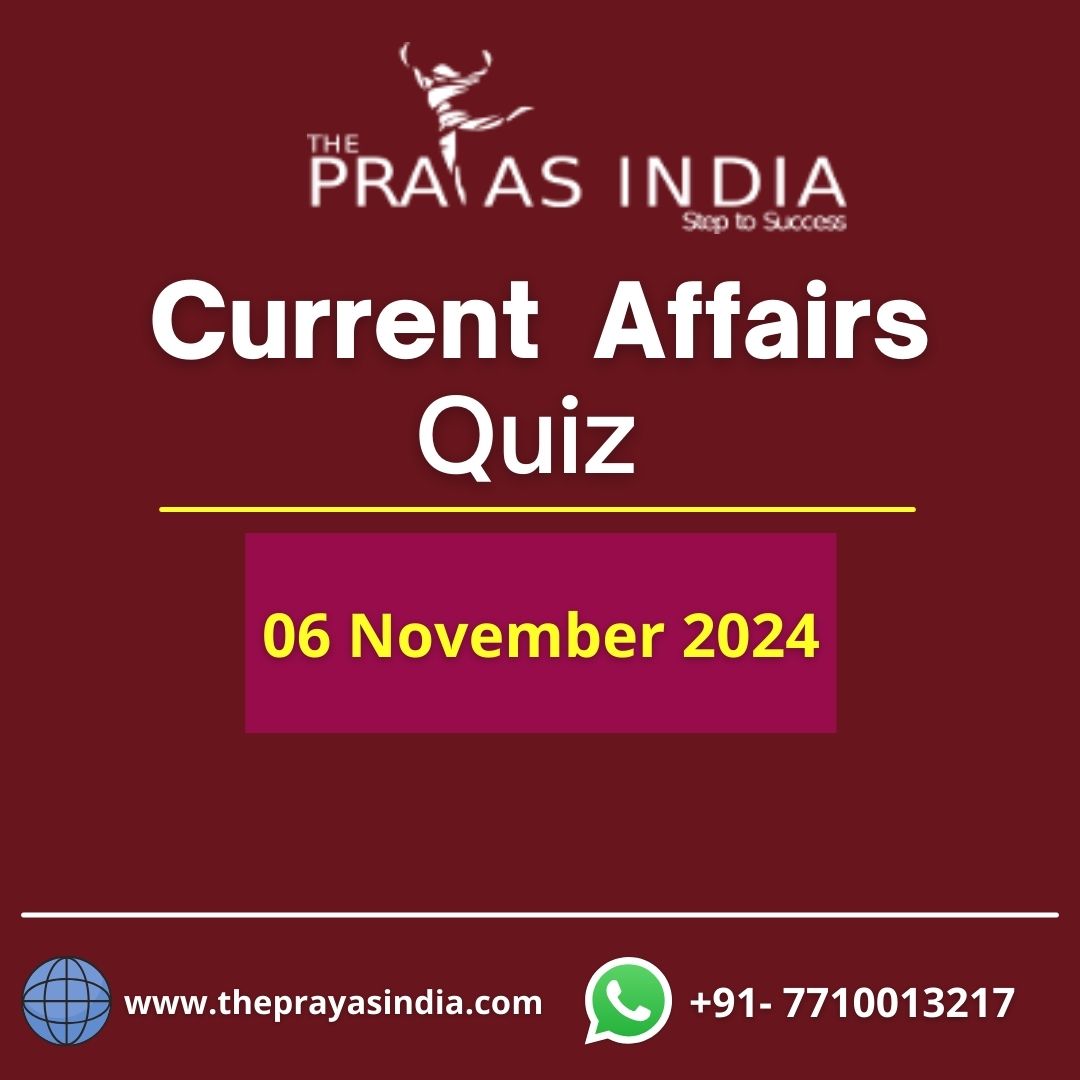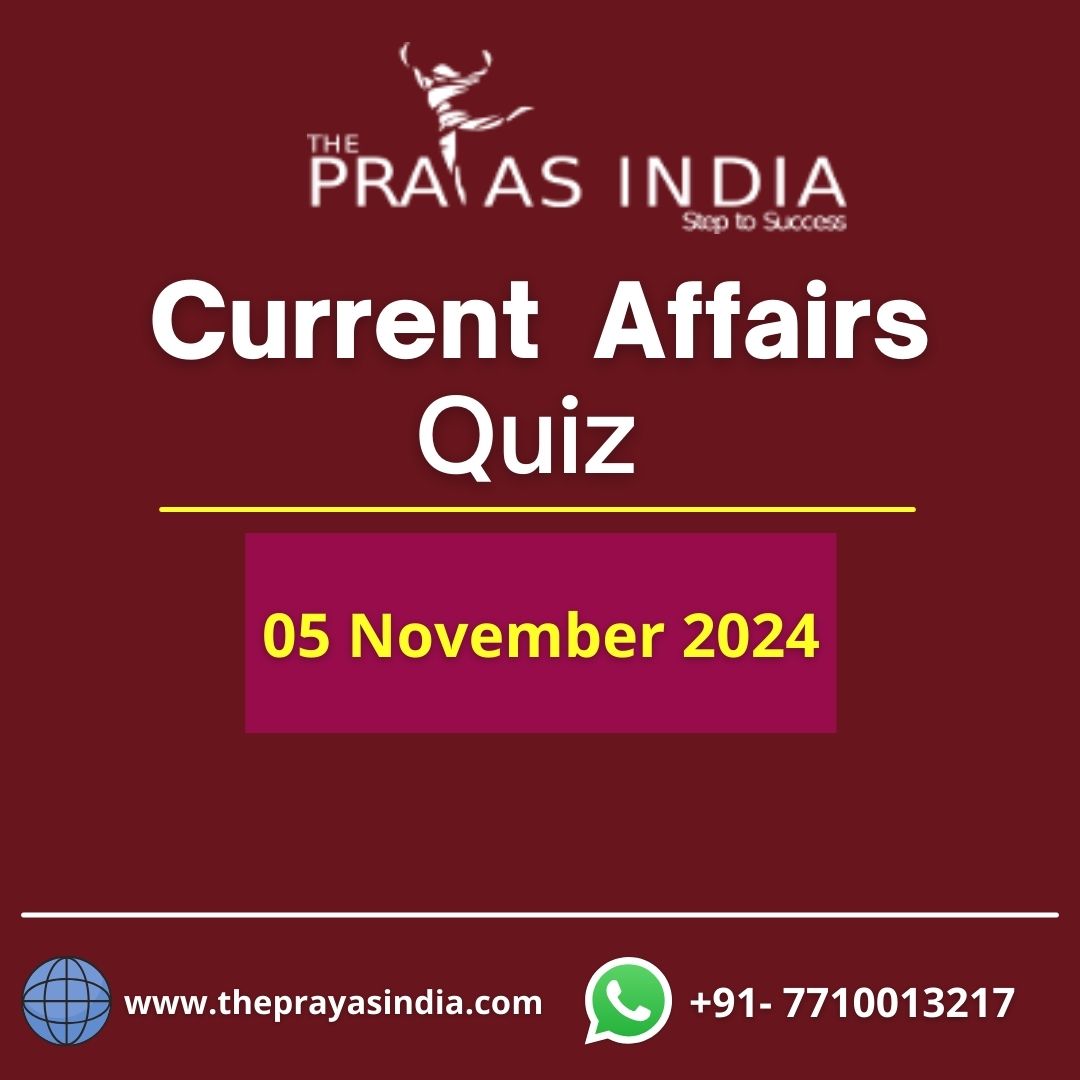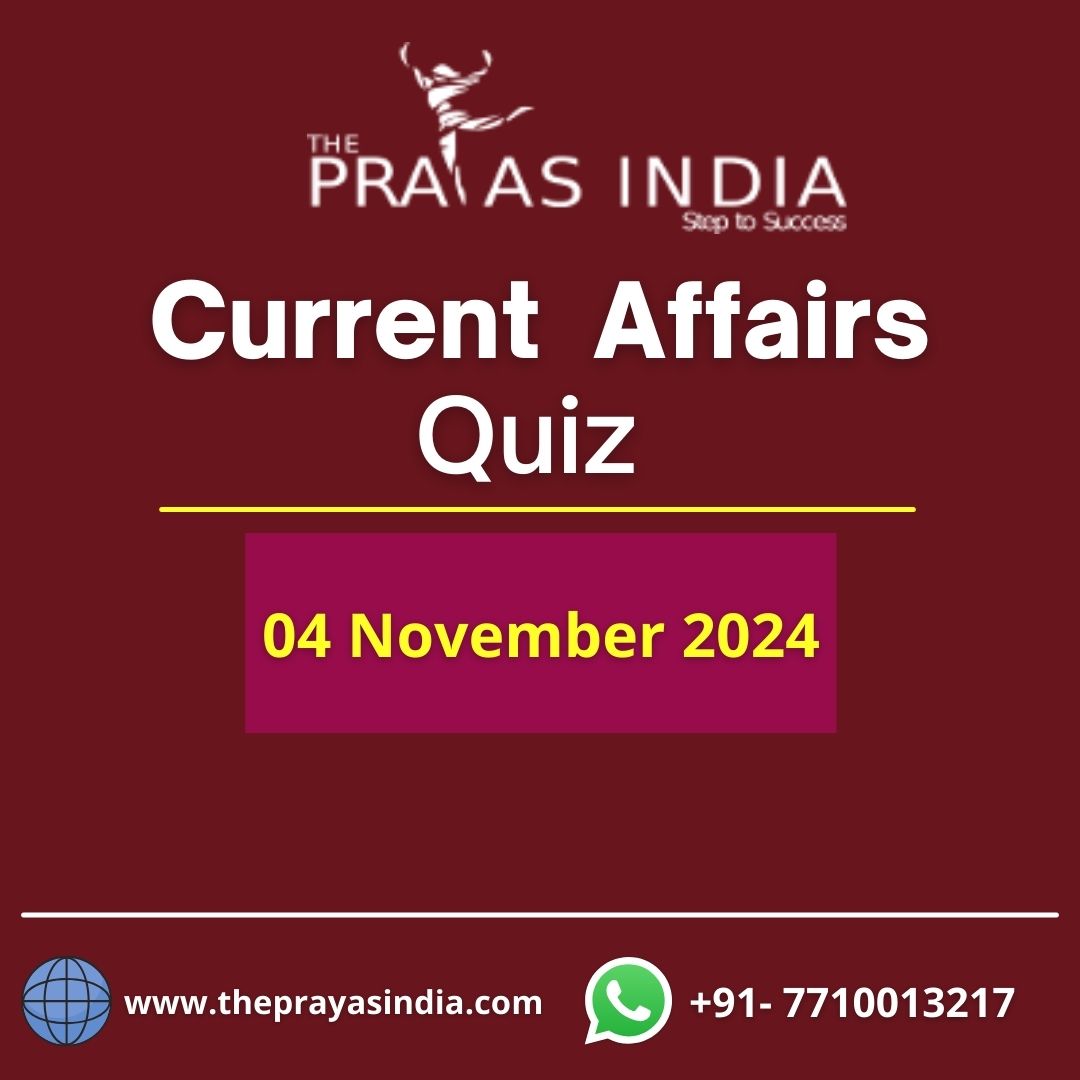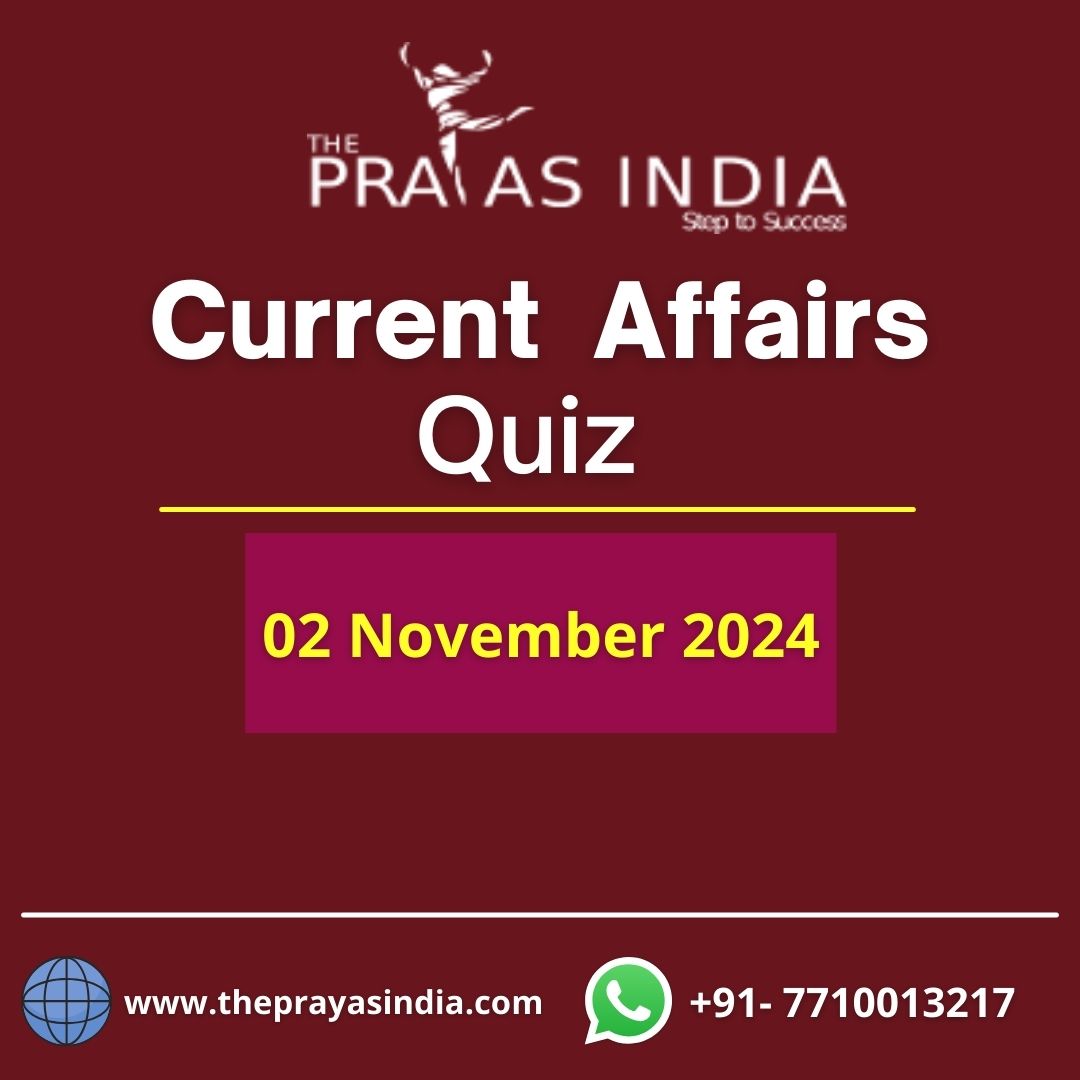Q1. Consider the following statements:
- The Patents (Amendment) Act, 2005, introduced the provisions relating to Exclusive Marketing Rights (EMRs).
- Preventing known substance from being patented as an invention unless it enhances the efficacy of the substance repetitively is known as preventing “evergreening” of patents.
- The TRIPS Agreement sets out the minimum standards of intellectual property protection to be provided by each Member.
How many of the above statements are correct?
(a) Only one
(b) Only two
(c) All three
(d) None
Ans: (b)
Explanation:
- Indian Patents Act, 1970:
- It replaced the Indian Patents and Designs Act 1911.
- The Act was amended by the Patents (Amendment) Act, 2005, wherein product patent was extended to all fields of technology including food, drugs, chemicals and microorganisms.
- After the amendment, the provisions relating to Exclusive Marketing Rights (EMRs) have been repealed, and a provision for enabling grant of compulsory license has been introduced.
- The provisions relating to pre-grant and post-grant opposition have also been introduced.
- Article 3(d) of the Indian Patent Act prevents the mere discovery of any new property or new use for a known substance from being patented as an invention unless it enhances the efficacy of the substance repetitively. This prevents what is known as “evergreening” of patents.
- In respect of each of the main areas of intellectual property covered by the TRIPS Agreement, the Agreement sets out the minimum standards of protection to be provided by each Member.
Q2. Consider the following conventions:
- Berne Convention
- Paris Convention
- Budapest Treaty
How many of the above mentioned conventions govern various patent related matters?
(a) Only one
(b) Only two
(c) All three
(d) None
Ans: (c)
Explanation:
- India is also a signatory to several IPR related conventions, all of which govern various patent related matters. They include:
- Berne Convention-which governs copyright.
- The Budapest Treaty on the International Recognition of the Deposit of Microorganisms for the Purposes of Patent Procedure
- The Paris Convention-for the Protection of Industrial Property,
- The Patent Cooperation Treaty (PCT).
Q3. Consider the following statements regarding Intellectual Property Rights policy 2016:
- It is entirely in compliant with the WTO’s agreement on TRIPS
- It aims to remove Compulsory Licensing clauses from India’s Patents Act.
Which of the above statements is/are correct?
(a) 1 only
(b) 2 only
(c) Both 1 and 2
(d) Neither 1 nor 2
Ans: (a)
Explanation:
- Intellectual Property Rights Policy which is in compliance with WTO’s (World Trade Organisation) agreement on TRIPS (Trade Related aspects of IPRs), aims to sustain entrepreneurship.
- As per the WTO norms, a CL can be invoked by a government allowing a company to produce a patented product without the consent of the patent owner in public interest. Under the Indian Patents Act, a CL can be issued for a drug if the medicine is deemed unaffordable, among other conditions, and the government grants permission to qualified generic drug makers to manufacture it.
Q4. Consider the following statements regarding Patent Cooperation Treaty (PCT):
- The Patent Cooperation Treaty (PCT) assists applicants in seeking patent protection internationally for their inventions.
- By filing one international patent application under the PCT, applicants can simultaneously seek protection for an invention in a large number of countries.
- PCT is administered by the World Trade Organisation (WTO).
How many of the above statements are correct?
(a) Only one
(b) Only two
(c) All three
(d) None
Ans: (a)
Explanation:
- The Patent Cooperation Treaty (PCT) assists applicants in seeking patent protection internationally for their inventions, helps patent offices with their patent granting decisions, and facilitates public access to a wealth of technical information relating to those inventions.
- By filing one international patent application under the PCT, applicants can simultaneously seek protection for an invention in a large number of countries.
- PCT is administered by WIPO.
Q5. Consider the following statements:
- Trade-Related Aspects of Intellectual Property Rights (TRIPS) is founded on the principle of “product patents”.
- Product patents allow inventors of new drugs to have exclusive rights to produce and sell them for some years.
Which of the above statements is/are incorrect?
(a) 1 only
(b) 2 only
(c) Both 1 and 2
(d) Neither 1 nor 2
Ans: (d)
Explanation:
- The Trade-Related Aspects of Intellectual Property Rights (TRIPS) regime was promoted by the World Trade Organization in 1995 for uniform global IPR rules. TRIPS is founded on the principle of “product patents”.
- Product patents allow inventors of new drugs to have exclusive rights to produce and sell them for some years.




